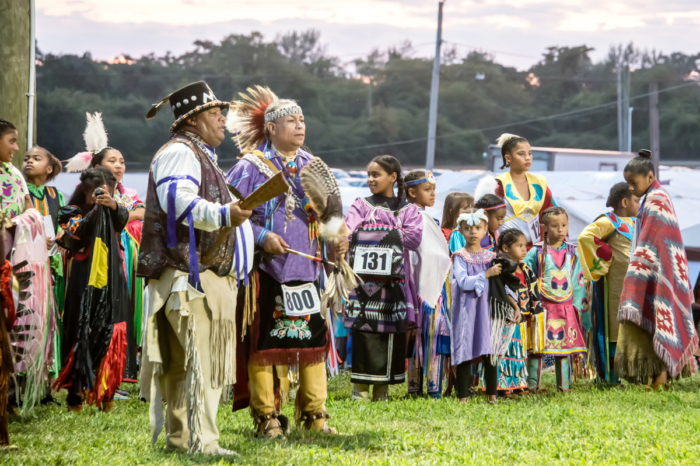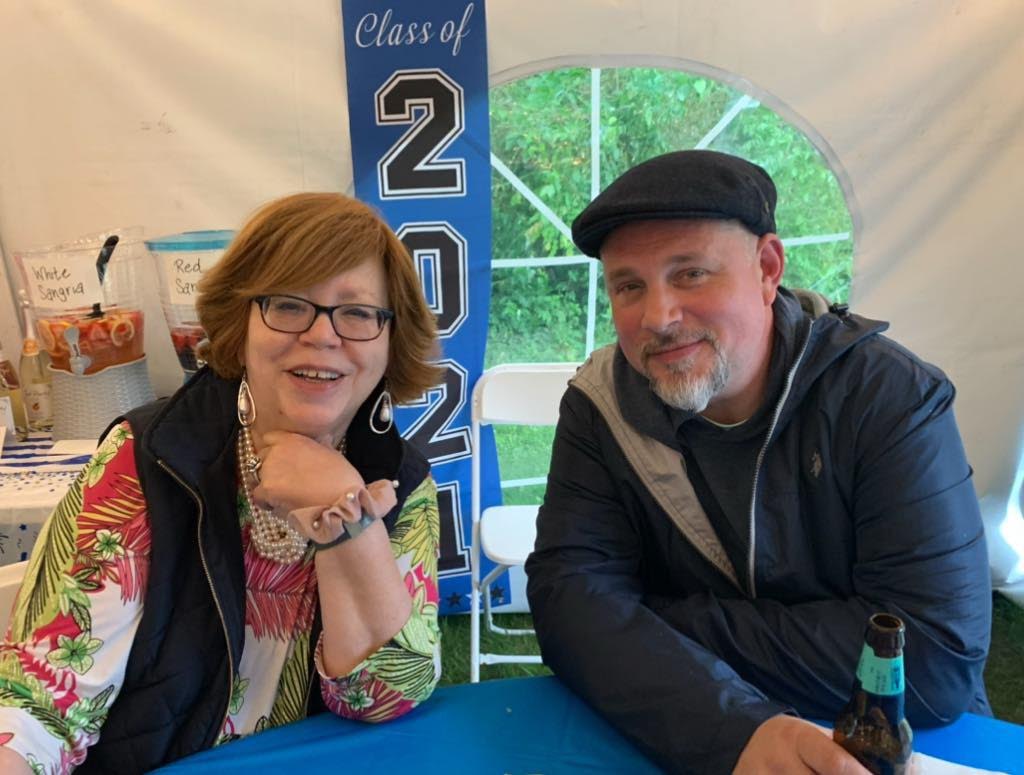Southampton Schools Vote Out Columbus in Favor of Indigenous Peoples

East End history was made just last month when, on Tuesday, February 13, the Southampton School Board voted to adopt a school calendar that acknowledges Indigenous Peoples Day instead of Columbus Day. Four years ago, Southampton students devised a plan to replace Columbus’s name on their school calendar. When they voiced their concerns to the Southampton School Board, the powers that be listened. For three years the calendar simply stated “No School” every second Monday of October. But now, following the 4–2 Board voted in favor, the 2018-19 calendar will designate Monday, October 8 as Indigenous Peoples Day.
Superintendent of Schools Dr. Nicholas Dyno brought this matter up during the last public hearing, which was live-streamed in its entirety on the school district’s Facebook page. He cited many reasons why he felt it was necessary to address changing the way Southampton schools view Columbus, including wanting “to update how American, and world history, is taught to [Southampton] students,” providing “a more accurate representation of the complexities of history” and recognizing “the past and present contributions of Native Americans to our community and throughout the world.”
His proposal included many relevant points including the fact that more than 58 municipalities including the states of Minnesota, Vermont and Alaska have already chosen to recognize Indigenous Peoples Day and that the Southampton School District is one of 15 school districts to be recognized, approved and contracted by New York State to educate Native American students, which comprise 8% of Southampton students. “Celebrating our Native American staff and students aligns with the work that we’ve begun with our equity task force,” he added.
Board members Anastasia Gavalas, Roberta Hunter, Don King and SunHe Sherwood-Dudley voted in favor of the change, while James McKenna and Jacqueline Robinson voted against it. Much of McKenna’s reasoning involved the fear that demonizing Columbus would create a slippery slope affecting American heroes such as Thomas Jefferson, who owned slaves, and Ulysses S. Grant, who was anti-Semitic. He also begged of the board to know why no one consulted the tax-paying community about how they felt on the matter asking, during the live-stream, “Did we reach out to anybody?”
Though several others voiced their opinions, Gavalas perfectly articulated the importance of the change saying, “Yes, it’s a small word on a calendar, but certainly, it can get us to the point where we’re having a great, positive, constructive discussion with our children. If we know better, and we want our children to know better, then it’s time that we don’t look at something and keep it there because it’s always been there, but rather make the change, honor who we are as people and look at the work that we’re doing.”

Shane Weeks, a member of the Shinnecock Indian Nation in Southampton, explains that this vote “is a huge step forward in the healing of the realities faced on this side of the world. It acknowledges that we [indigenous people] are still a part of the Americas, both North and South.” He continues, “The fact that this will replace Columbus Day also acknowledges the reality of the genocide that occurred here in the Americas on many levels. For some Americans, Columbus was portrayed as ‘the hero who discovered the new world,’ but for millions of Americans, including myself, it represented the annihilation of their people and specifically celebrated the individual who started it.”
According to Weeks, Southampton’s first Indigenous Peoples Day on October 8, 2018, “should serve as a chance to honor those who gave their lives, lifestyles and lands so this country could be what it is today.”



